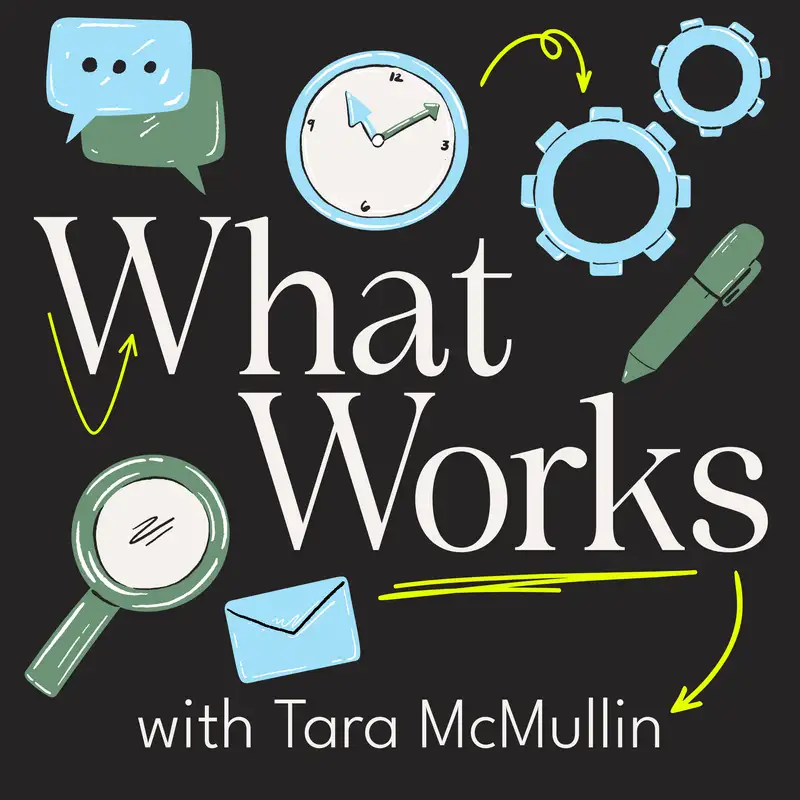EP 430: Why Does Authenticity So Often Feel Fake?
What gets labeled as "authentic" is often quite predictable. It's a market-compatible expression of what was once something unique or personal. Authenticity is a vibe—and a valuable one at that.
"Predictably unique" is how David A. Banks defines authenticity in his book, The City Authentic. Authenticity, or what's "predictably unique," describes how culture, place, and style are packaged to become recognizable—and, therefore, consumable—to a general audience.
"Predictably unique" is how David A. Banks defines authenticity in his book, The City Authentic. Authenticity, or what's "predictably unique," describes how culture, place, and style are packaged to become recognizable—and, therefore, consumable—to a general audience.
And while Banks's interest is in the politics of urban planning, his analysis spoke to a question I've pondered for almost as long as I've been a Very Online Person: Why does authenticity often feel so fake?
How can a form of expression feel legitimately authentic one day and discernibly contrived or derivative the next? Is it the expression or my perception of it that changes? Why does "authentic" become an aesthetic, a legible set of features that denotes the "real?" And why does formulaic authenticity convey such social capital (or at least promise to)?
I tackle these questions and more in this episode!
Footnotes:
- The City Authentic by David A. Banks
- "'She Looks Like an Instagram:' How Empowerment Became a Brand" by Tara McMullin
- "The Strange Logic of Value in the Attention Economy" by Tara McMullin
- The Jargon of Authenticity by Theodor Adorno
- "Personal Branding and the Crafting of Self" by Tara McMullin
- The Influencer Industry: The Quest for Authenticity on Social Media by Emily Hund
- How to be Authentic by Skye Cleary
Every episode of What Works is also published as an essay. Go to read.explorewhatworks.com or subscribe to get them automatically delivered to you! You can also chip in $7 per month to support my work and to get access to bonus content.
★ Support this podcast ★

